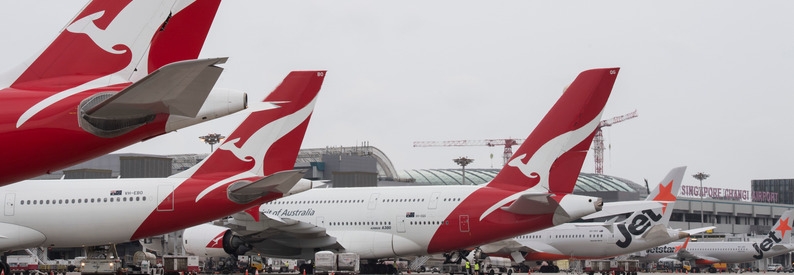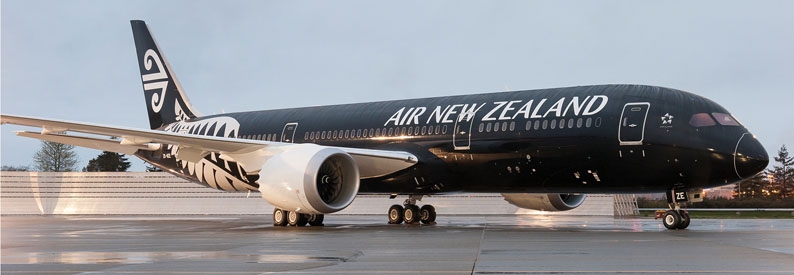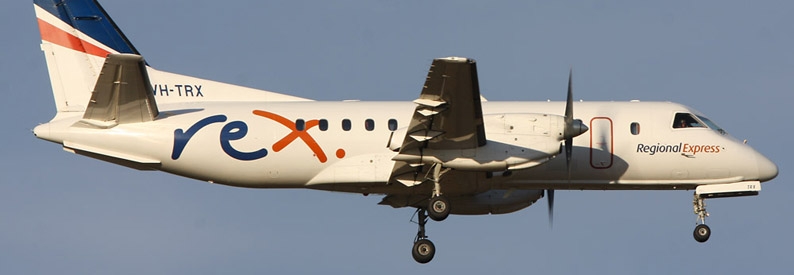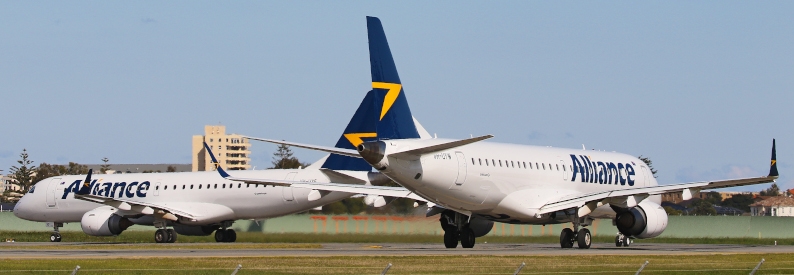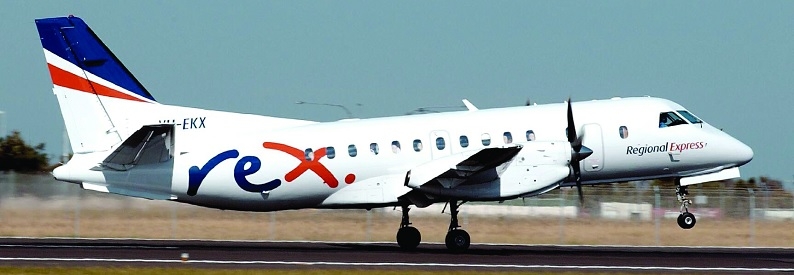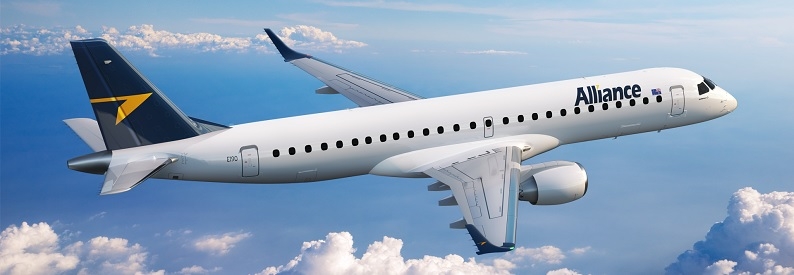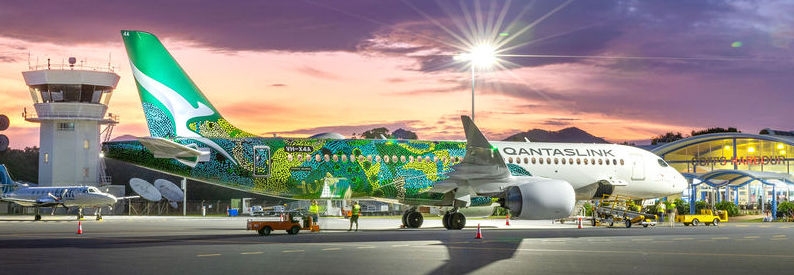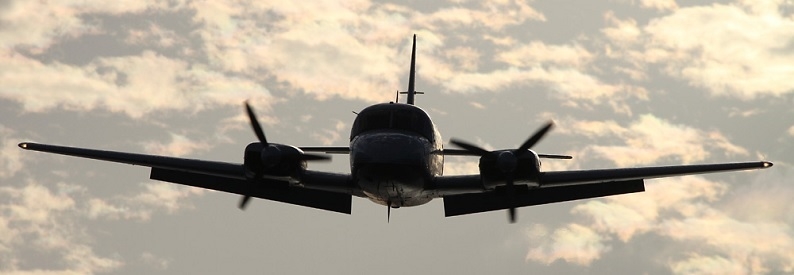The Australian government has announced "demand management" reforms targeting "slot-hoarding" at Sydney Kingsford Smith but has declined to change existing curfew and daily traffic caps. In a February 21 statement, Transport Minister Catherine King said the changes at the country's busiest airport will better align it with contemporary international standards.
Currently, Sydney is restricted to 80 aircraft movements per hour and a noise-related curfew between 1100L and 0600L. Slot allocations, especially during peak periods, are at a premium and tightly held. There have been widespread claims of abuse of the existing slot regime system by the airport's two biggest customers, Qantas (QF, Sydney Kingsford Smith) and Virgin Australia (VA, Brisbane International). Both carriers deny they are abusing the system.
"The government is modernising the process that allocates aircraft slots to airlines at Sydney Airport to make the system more competitive and efficient," said King. "This will benefit new entrant airlines wanting to set up new services, crack down on slot misuse, and create a more level playing field in slot allocation processes."
Although privately owned and managed, Australian government legislation governs operations at Sydney. King's reforms will require changes to existing legislation and approval from the government's lower and upper houses.
The planned demand management changes, the first in 27 years, come three years after a Productivity Commission review handed down a series of proposed reforms. To tackle slot hording allegations, the changes will require airlines to explain why they are not using allocated slots or risk losing them. Under the current regime, excluding weather-related events an operator must use an allocated slot 80% of the time to keep it. However, scheduling a flight constitutes use, even if the scheduled flight is cancelled at short notice - as often happens at Sydney Airport. King says there will be regular audits of slot use, with the first due later this year.
Local regional airlines would have priority consideration if applying for slots during amended peak periods (0700-1100L and 1700-2000L). There will also be a slight increase in hourly traffic movements from 80 to 85 following significant weather events to clear traffic backlogs. King says this so-called "recovery period" will not extend into curfew hours and will not change the usual daily traffic cap.
"This package of reforms will benefit the flying public and include strong protections for communities affected by aircraft noise and those in regional areas," said King. "This is just one element of the Australian government’s plan to reform Australia’s aviation sector to crack down on bad behaviour and deliver better outcomes for the travelling public."
Sydney Airport hailed the proposed changes as a win for efficiency, competition, and passengers. “These changes will promote competition and efficiency by ensuring landing slots are used as they are intended," said newly installed CEO Scott Charlton. “Sydney Airport is the biggest hub in Australia’s aviation network, so when we get disrupted the whole system is severely impacted."
- Type
- Base
- Aircraft
- Destinations
- Routes
- Daily Flights

